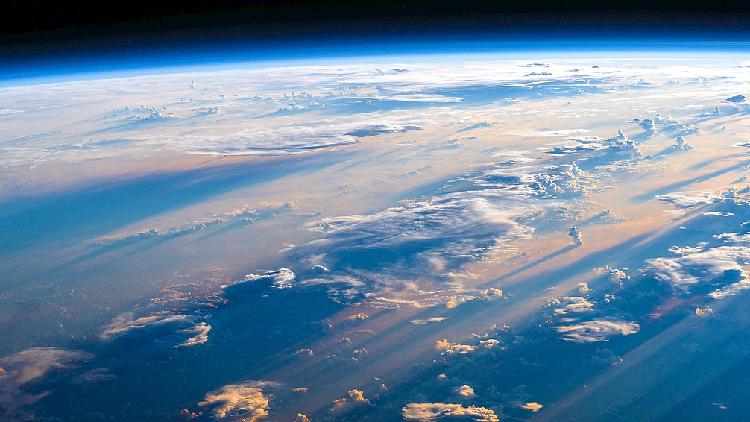DeSantis: Humans are ‘safer than ever’ from effects of climate change
The comments come less than a year after Hurricane Ian left more than 100 people dead in Florida.

Florida Gov. Ron DeSantis said Wednesday that humans are “safer than ever” from the effects of climate change, less than a month after a hurricane pounded Florida, Georgia and the Carolinas.
The use of the phrase “climate change” increased between 2018 and 2020, DeSantis said during a campaign speech rolling out his energy policy in Midland, Texas. Despite reports from the World Meteorological Organization showing that climate change impacts continued to worsen during that time, DeSantis attributed the term’s jump in use to “ideology.”
“This is driven by ideology. It's not driven by reality,” DeSantis said. “In reality, human beings are safer than ever from climate disasters. The death rate for climate disasters has declined by 98 percent over the last hundred years, and the No. 1 reason for that is people that have had access to reliable electricity, have power.”
While the number of weather-related natural disasters caused by climate change has increased, related deaths have fallen over the last 50 years, according to the World Meteorological Organization. Experts attribute the decline to better forecasting and better infrastructure for dealing with extreme weather.
DeSantis’ remarks come less than a year after Hurricane Ian — the second-deadliest storm the continental U.S. has seen in decades, after Hurricane Katrina — devastated his home state, leaving more than 100 people dead and destroying homes and businesses.
Last month, Florida grappled with the fallout from another storm, Hurricane Idalia, which pummeled the state and left more than 245,000 customers without electricity as trees snapped by strong winds brought down power lines. Four people died in the hurricane.
The World Health Organization said climate change is "the biggest health threat facing humanity" and is expected to cause "approximately 250 000 additional deaths per year, from malnutrition, malaria, diarrhea and heat stress" between 2030 and 2050 from lack of "clean air, safe drinking water, sufficient food and secure shelter."
Find more stories on the environment and climate change on TROIB/Planet Health












